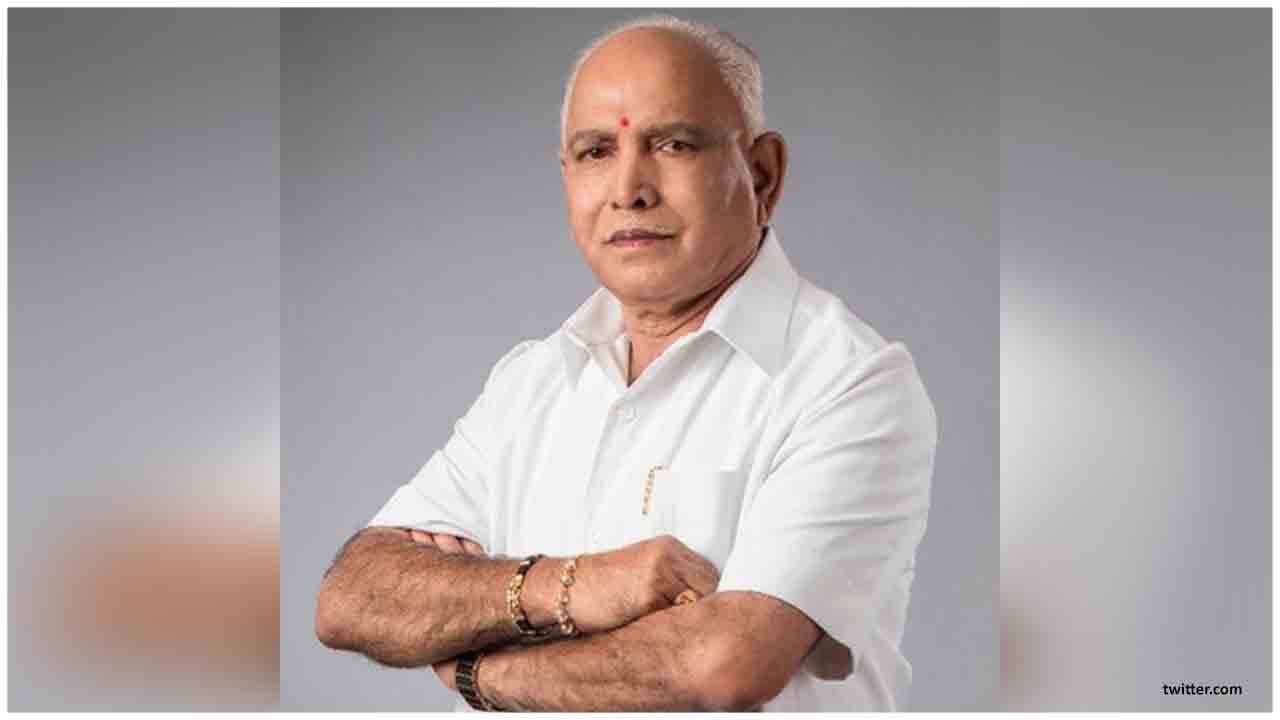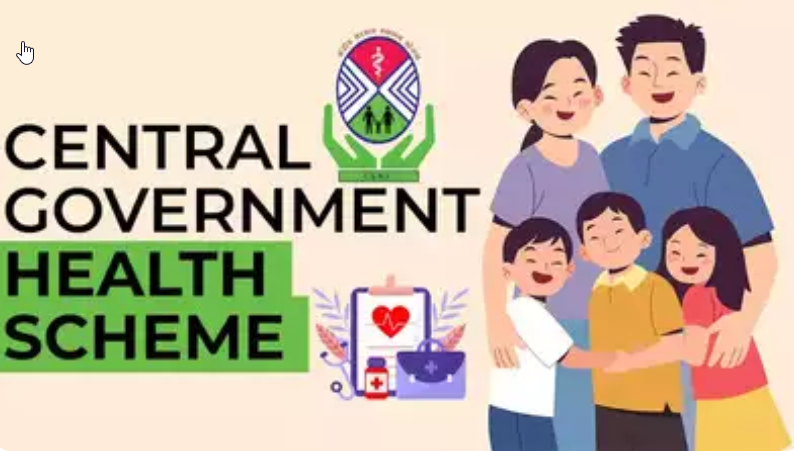Monday, Karnataka chief minister B.S. Yediyurappa prudently ordered the closure of a few localities in Bengaluru to contain the surge in COVID-19 cases.
Yediyurappa in cognizance with senior officials ordered sealing of K.R.Market and surrounding areas ie. Siddapura, V.V.Puram, and Kalasipalya, owing to a spike in cases. “It was decided to seal the adjoining streets, where the cases are reported," as stated in the press release issued by the chief minister’s office (CMO).
Karnataka recorded 453 positive cases on Sunday, in which Bengaluru alone claims the major share with 192 confirmed cases indicating the likelihood of community transmission in the State capital since most of those who tested positive were people with ILI (Influenza Like Illness), SARI (severe acute respiratory infection) or some unknown infection.
“COVID-19 should be contained without affecting the economic activities in Bengaluru, which resumed recently," the CMO said in its statement, attributing it to Yediyudappa.
The spike in cases also witnessed the increase of containment zones in Bengaluru to just about 300 in two days.
The chief minister directed officials to implement strict lockdown restrictions to assist in avoiding the state going into another lockdown said one person conscious of the developments. K.R. Market is one of the busiest localities in Bengaluru as large quantities of fruits, vegetables, flowers, and other products are traded here.
The fear in Karnataka isn't irrational as estimates project that it could have as many as 20,000 to 25,000 COVID-19 positive cases by 15 August.
Munish Moudgil, senior IAS (Indian Administrative Officer) and head of the Karnataka COVID-19 room came on record to say that “Dependent on (the) behavior of individual citizens post opening up, also on the action points that (the) Government takes."
However, the estimates by the COVID-19 room may vary counting on the implementation of action plans, individual responsibilities, and other factors.
Moudgil says that the projections are “sensitive" to the purpose that if the daily rate of growth is 3% then active numbers will reach 17,000 but could spike to 25,000 if the expansion rate goes up to 4% in about 50-60 days.
“(The) positive part of this is often that each successful effort to scale back the rate of growth will exponentially reduce numbers. Conversely, any stumble makes us pay heavily," he added.
Despite the threat of an increase in cases, Yediyurappa, like many of his counterparts, had been forced to relax restrictions to usher in some funds to battle, not just the virus but the acute fund crunch thanks to the three months of COVID-19 induced lockdown.
Efforts by Karnataka had helped keep the spread of the virus in restraint but opening interstate travel had contributed to a surge in cases. He also directed officials to repair rates for the treatment of COVID-19 privately hospitals. aside from converting stadiums and convention centers to lodge asymptomatic persons, the government has shortlisted about 500 private hospitals to treat COVID-19 positive cases.

 CM assumes community transmission in the State capital since those tested positive were people with either Influenza Like Illness or severe respiratory infection
CM assumes community transmission in the State capital since those tested positive were people with either Influenza Like Illness or severe respiratory infection




.jpg)






.png)
.png)
.jpg)





.jpeg)



.jpg)









.jpeg)

.jpg)


